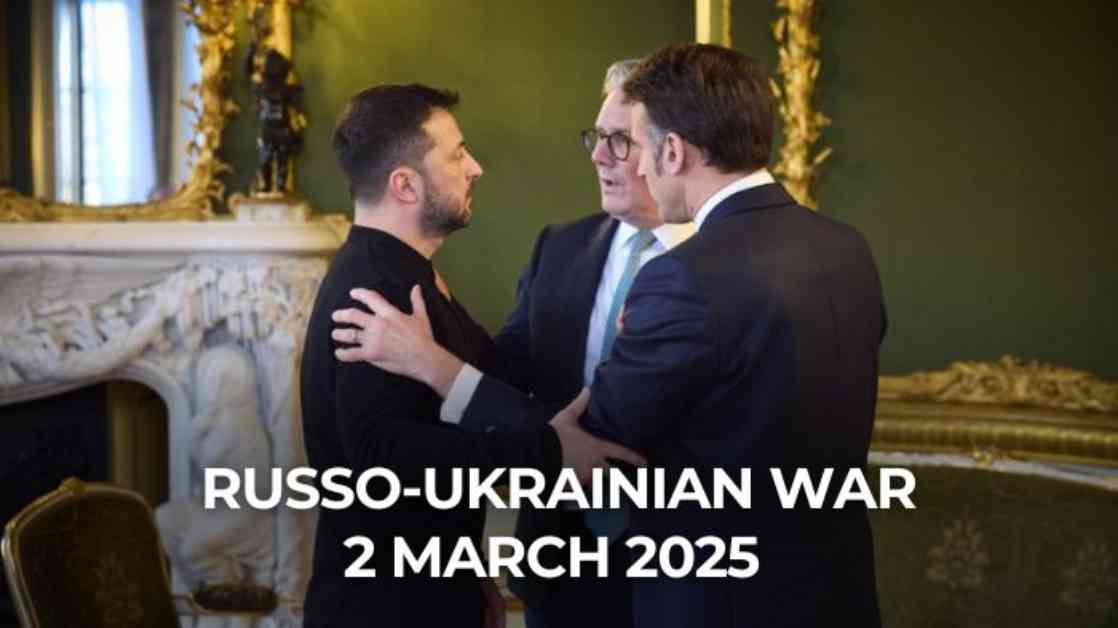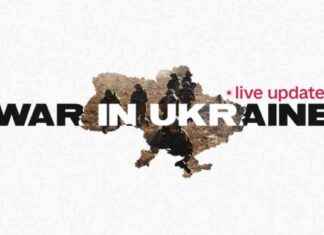Ukraine’s Recent Triumphs and Ongoing Challenges: A Comprehensive Overview
In the latest developments from the military frontlines in Ukraine, a series of strategic victories have shifted the balance of power in the region. One of the most impactful events was Ukraine’s successful drone operations, which resulted in the offline status of 53 million tons of Russian oil. This significant blow crippled 10% of Russia’s refining capacity, showcasing Ukraine’s growing prowess in modern warfare tactics. Russian repair crews found themselves overwhelmed by Ukraine’s relentless campaign, which now includes targeting pumping stations to further disrupt the flow of crude oil to operational refineries.
Another key success for Ukraine was the deployment of Vampire hexacopter drones in a precision strike in Kursk, effectively dismantling Russian offensive plans. These drones played a crucial role in eliminating the forward headquarters of the Russian forces, forcing Moscow to resort to sending smaller, uncoordinated infantry groups against reinforced Ukrainian positions. The impact of these drone operations has been instrumental in disrupting Russian military strategies and bolstering Ukraine’s defense capabilities.
In terms of intelligence and technology support, the United Kingdom has stepped up to supply Ukraine with 5,000 Belfast-made supersonic anti-drone missiles in a $2 billion deal. These high-speed missiles, with a range of over 6km, are set to enhance Ukraine’s air defenses significantly. Additionally, Ukraine is planning to establish a 15-km unmanned “kill zone” along the Russian front, utilizing surveillance and strike drones to create a formidable defense perimeter. The country’s drone production has exceeded 4,000 units daily, indicating a strong commitment to technological advancements in the military sector.
Amidst these developments, Ukraine’s SU-24 bombers are on standby to launch German Taurus missiles, pending a potential policy shift under incoming Chancellor Friedrich Merz. The fundraising efforts in Ukraine have also seen a surge, with a joke fundraiser “for nukes” raising millions in hours after a dispute between President Zelenskyy and former US President Trump. Notably, Lithuania has invested €20 million in joint weapons production with Ukraine, recognizing the latter’s defense industry’s potential and expertise.
On an international scale, the emergency London summit highlighted the critical juncture in history, with the UK and 18 other nations pledging to form a “coalition of the willing” to support Ukraine and preserve peace in the region. French President Emmanuel Macron stressed the importance of continued US support for Ukraine, emphasizing the implications of withdrawing such assistance on global security. The Institute for the Study of War (ISW) warned that cutting aid to Ukraine could embolden other Russia-led bloc countries like China, Iran, and North Korea, signaling broader geopolitical consequences.
In a more personal and humanizing touch, a mother’s harrowing account of her daughter’s escape from a Russian drone-struck building in Zaporizhzhia sheds light on the humanitarian impact of the ongoing conflict. This narrative serves as a poignant reminder of the daily struggles faced by Ukrainian civilians amidst the military operations and strategic maneuvers.
As Ukraine navigates through these complex geopolitical dynamics and military victories, the resilience and determination of its people remain a driving force in the face of adversity. The ongoing developments underscore the urgency for international support and solidarity in safeguarding Ukraine’s sovereignty and security.

















